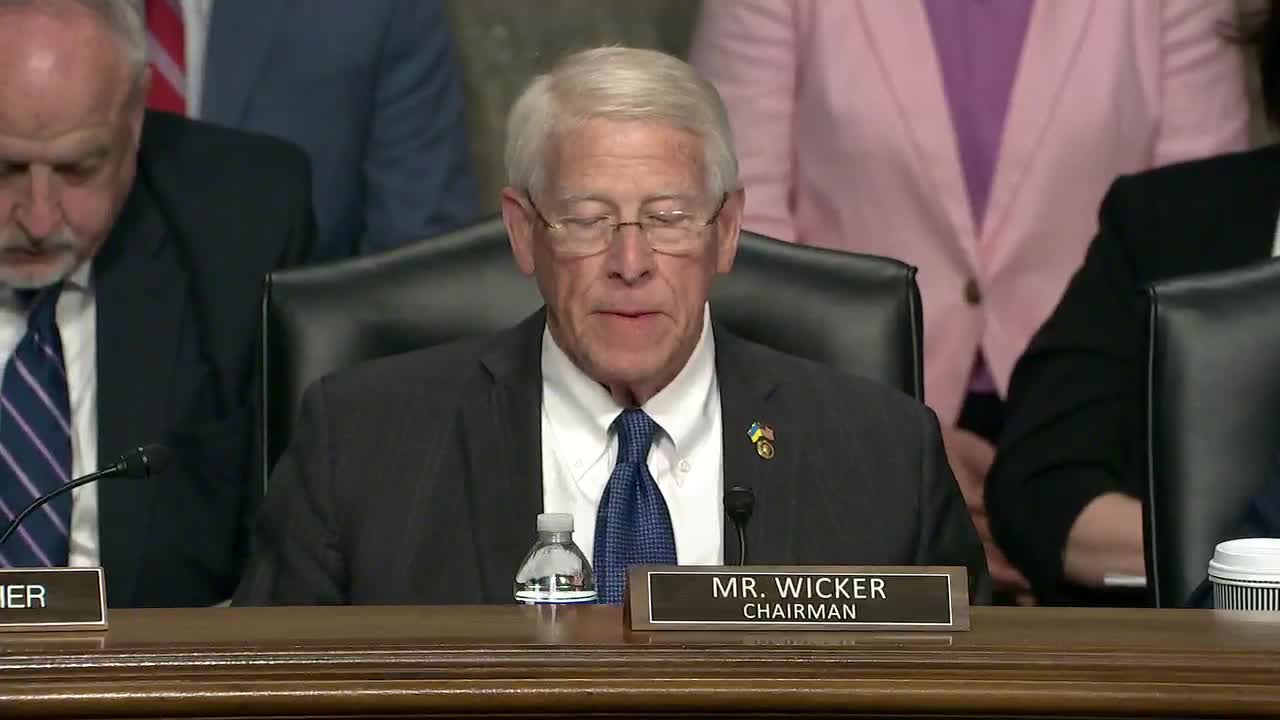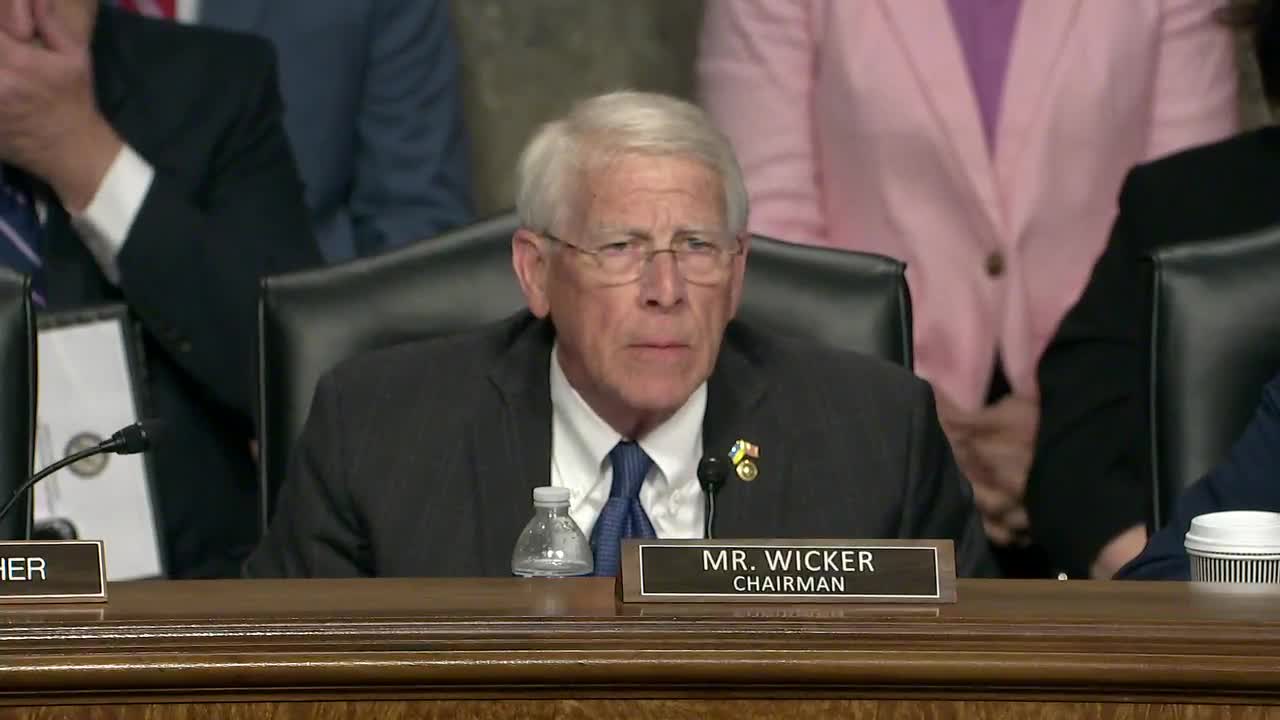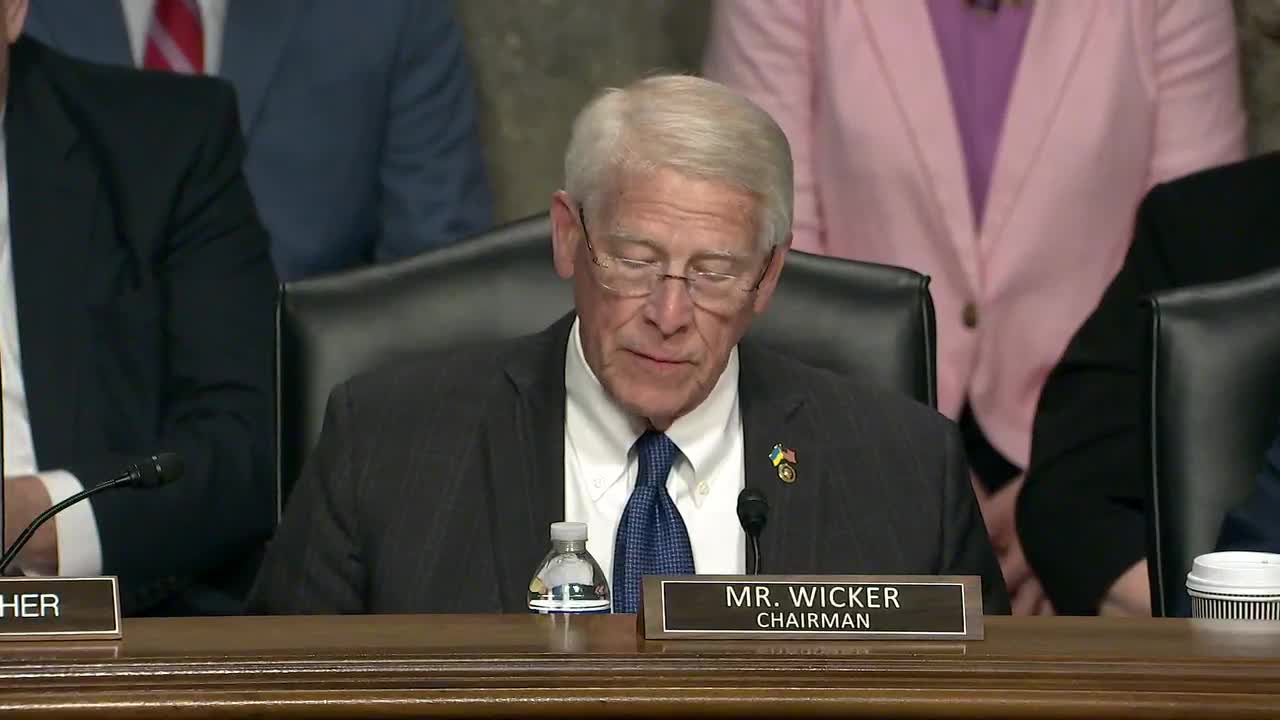Article not found
This article is no longer available. But don't worry—we've gathered other articles that discuss the same topic.

AFRICOM commander warns of rising Chinese, Russian influence in Africa as U.S. development presence contracts

EUCOM commander: Ukraine remains resilient; U.S. air-defense and intelligence support 'indispensable'

